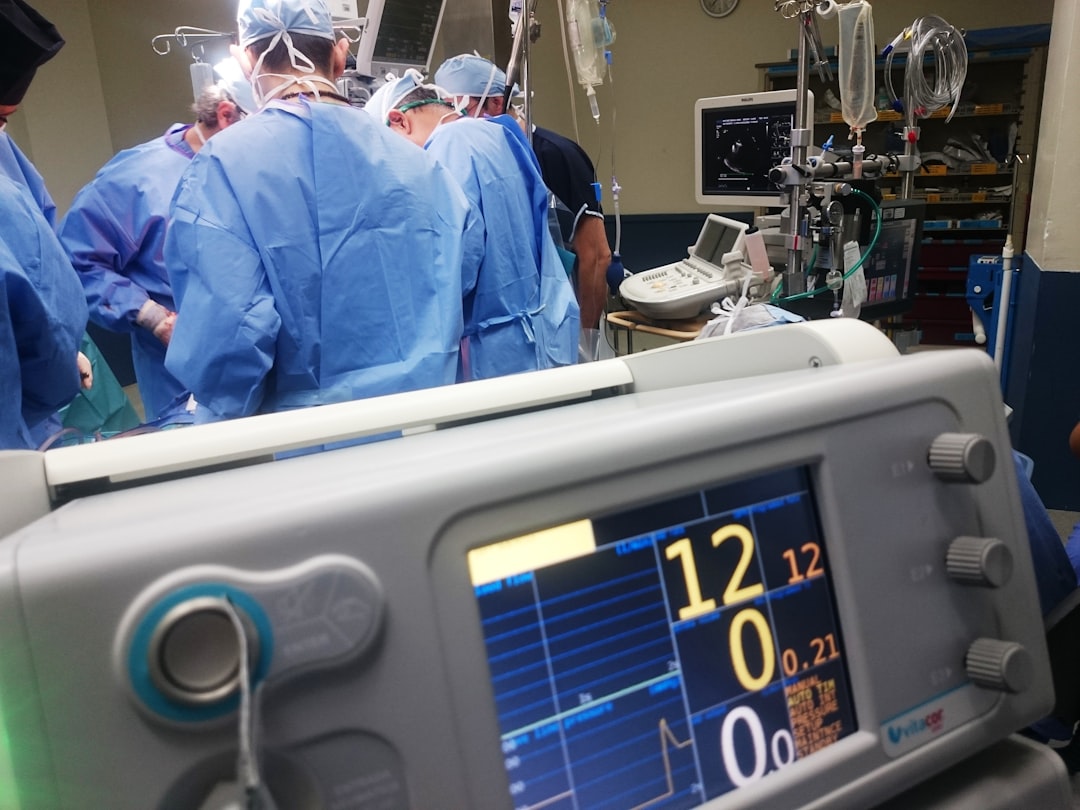What is it about?
Family function, including cohesion is known to be a crucial factor for children’s and teenagers’ health and wellbeing after the loss of a parent. However, little is known about the relationship between bereavement and family cohesion as reported by youths themselves. What did we do? • We asked 622 young adults (aged 18-26) who had lost a parent to cancer 6-9 years earlier when they were teenagers (aged 13-16) and a control group of 330 young adults that still have both their parents alive, to report the level of family cohesion at three different timeframes (i.e. in childhood, during teenage years and in young adulthood). We then compared the groups. What did we find? • We found that those that had lost a parent to cancer as a teenager were more likely to experience poor family cohesion during teenage years compared to the control group. This was also seen in young adulthood (at the age of 18-26) but then only among those who had lost a mother.
Featured Image

Photo by AH NP on Unsplash
Why is it important?
This raises our concerns for the youths’ wellbeing and highlights the importance of identifying families at increased risk of poor family cohesion, to be able to give them support, perhaps with a special attention to the surviving fathers.
Perspectives
I hope this article can be of help to teenagers and their families that are facing the death of a parent, by raising awareness of how important it is for families to find ways to hold together after the death of a parent and attend to their needs.
Dröfn Birgisdóttir
Lunds Universitet
Read the Original
This page is a summary of: Losing a parent to cancer as a teenager: Family cohesion in childhood, teenage, and young adulthood as perceived by bereaved and non‐bereaved youths, Psycho-Oncology, July 2019, Wiley,
DOI: 10.1002/pon.5163.
You can read the full text:
Contributors
The following have contributed to this page










